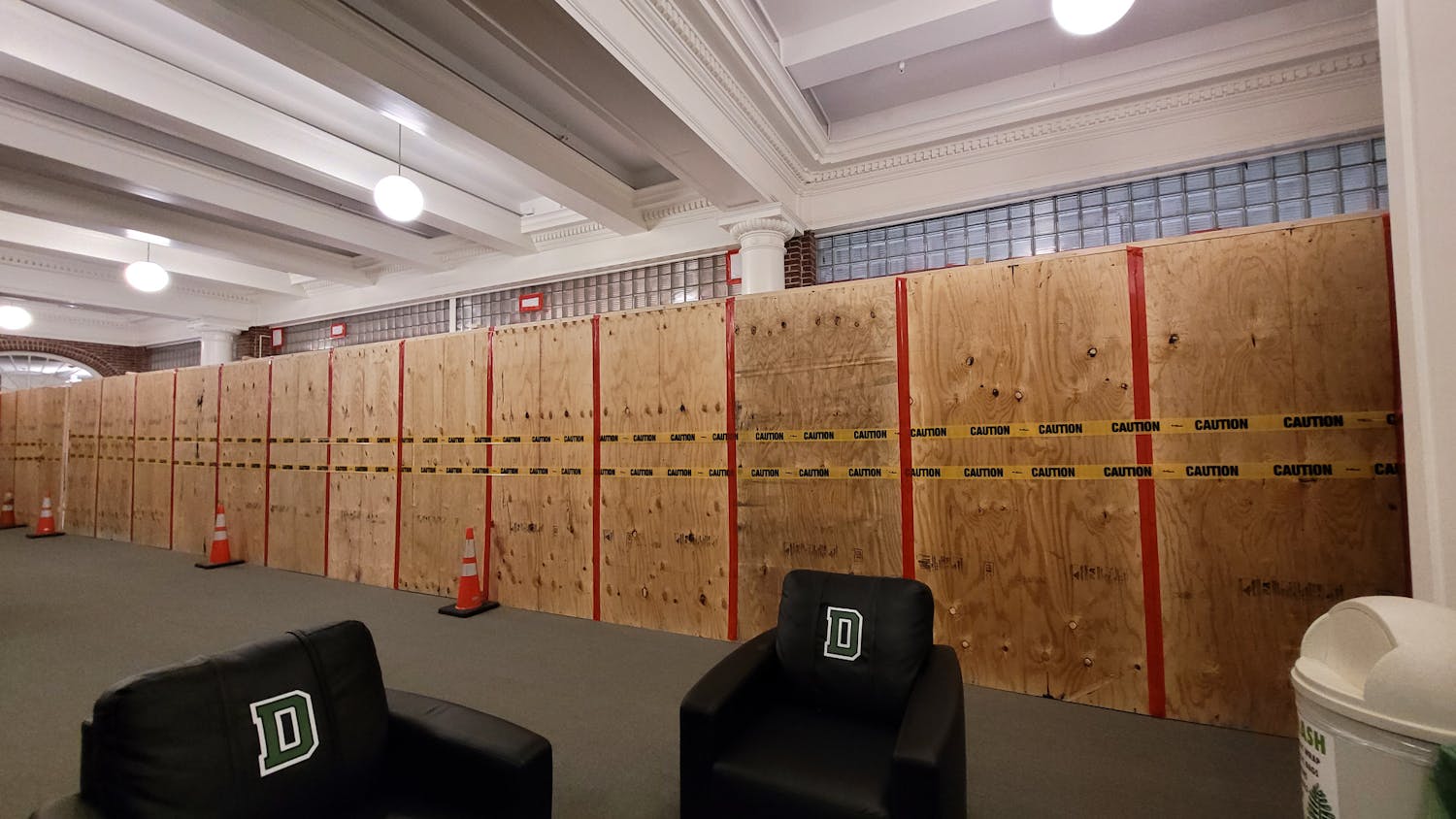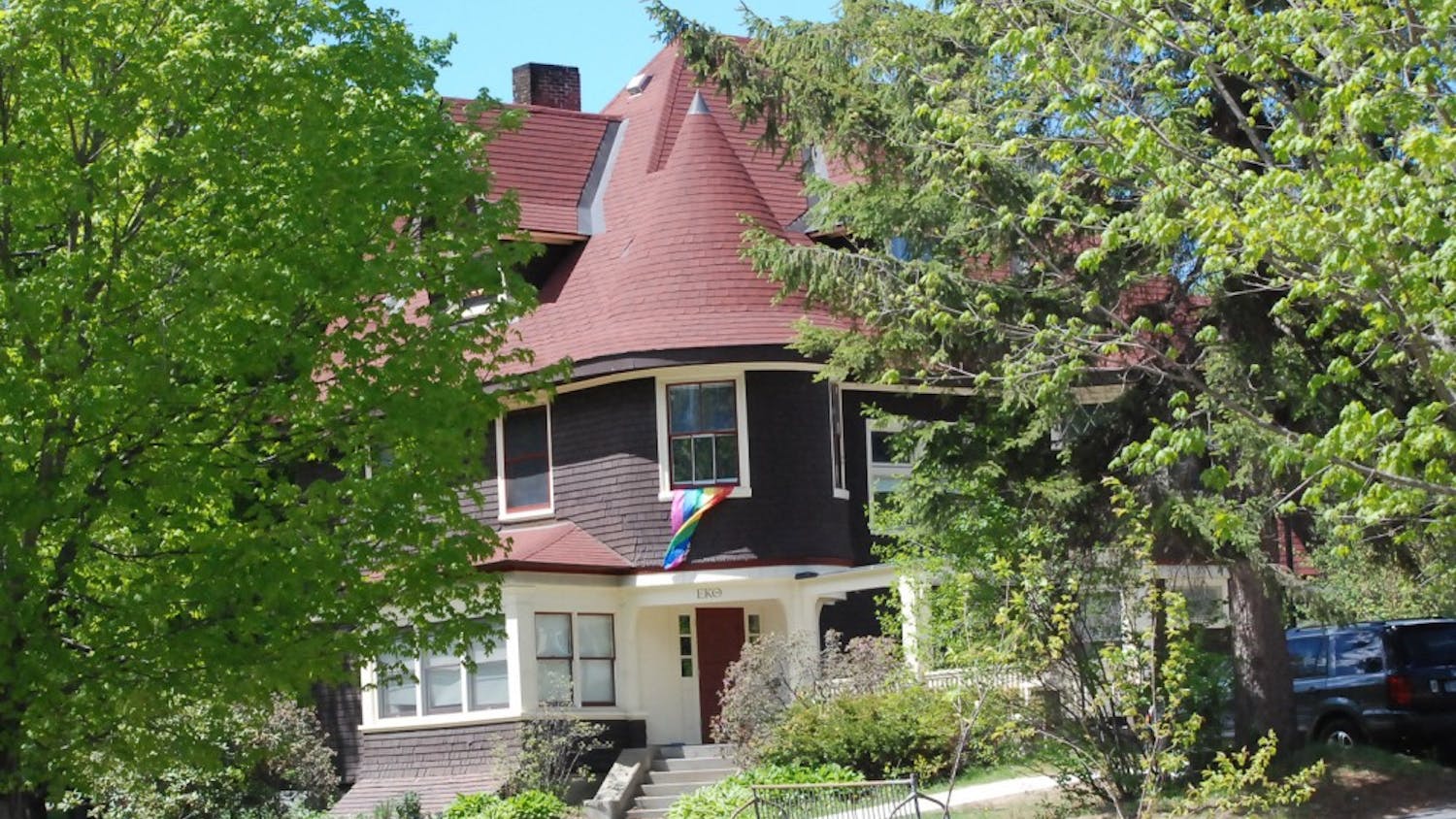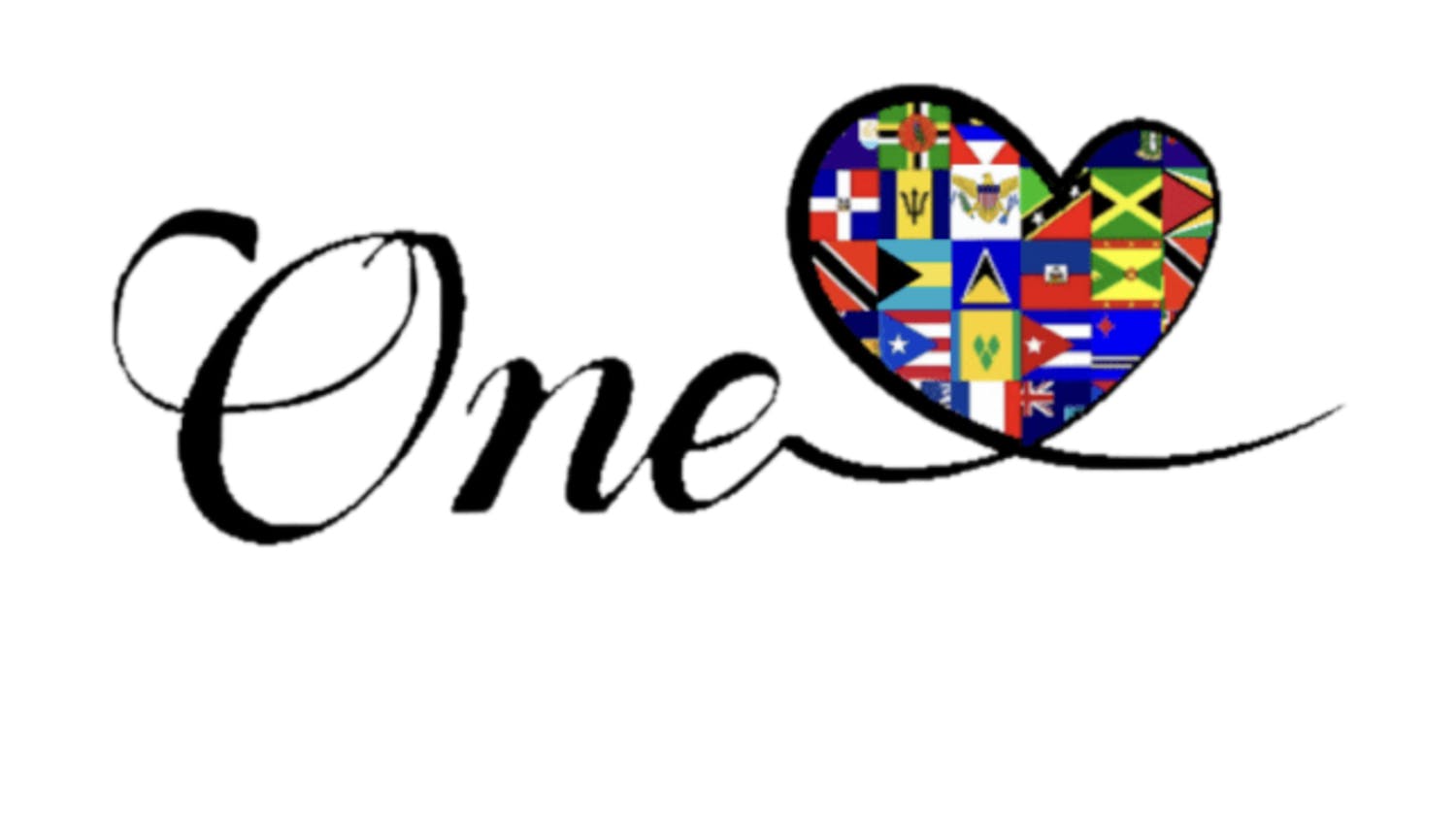The award recognizes Tuck's Minority Business Executive Program, which is aimed at African Americans, Native Americans, Hispanic Americans and Asian Americans who own businesses, but do not have access to the type of training that is necessary to reach the executive level. The annual program began in 1980 and will run for the 27th time this summer.
"We aimed to help under-represented groups create businesses that are viable in the American economy," Tuck Dean Paul Danos said.
Founded in 2004, the Minority Business Hall of Fame and Museum recognizes pioneers who help minority businesses access corporate America, according to Danos. Previously, its board nominated individuals and other entities for this honor, and now Tuck will be the first academic institution to garner this honor.
Tuck offers its program to those who cannot afford necessary training and helps finance the courses with the assistance of corporate sponsors, whereas most institutions only offer such courses to large corporations.
Tuck was the first higher institution in the country to offer minority business courses.
"Tuck has always been a forward thinking institution," Paula Graves, the MBEP development manager, said. "There was a serious problem in the minority business sector."
Although the government has provided programs to educate minority business owners, many of their businesses failed. They did not have the knowledge or the tools to succeed in an open competition environment, according to Graves.
"We wanted to give the minority businesses the same opportunities," she said. "Education is a great equalizer."
Leaders of the Tuck program think that minority businesses are an important part of today's American and global economy.
"There is a serious problem in the under-representation among minorities. Their representation in the business world is way out of proportion to their number in society," Danos said. "Part of it is an education issue, and that's where we come in at Tuck."
The businesses represented in the MBEP are much smaller than the traditional large-scale corporations Tuck has worked with.
"A lot of these folks are first-generation business owners and are very different from the typical MBA student we get here," Graves said. "They are very smart people who know how to make something very well or provide an outstanding service. We simply provide formal training on how to manage a business successfully."
Tuck also offers the Advanced Minority Business Executive Program, which allows participants to build on the skills gained in MBEP and helps them take their businesses to the next level.
Although Tuck's programs have made significant progress in the field, some believe there is still work to be done.
"I think [this recognition] is going to reinforce what were doing," Graves said. "There are four million minority-owned businesses in the U.S. right now. We only have 3,000 alumni. We have a long way to go."
Danos agrees that there are still challenges ahead.
"The kind of companies we have dealt with traditionally are working with new technology and servicing larger corporations," Danos said. "Businesses have to be more and more sophisticated to be viable. The need for our education is growing, and we want to be a part of it."



